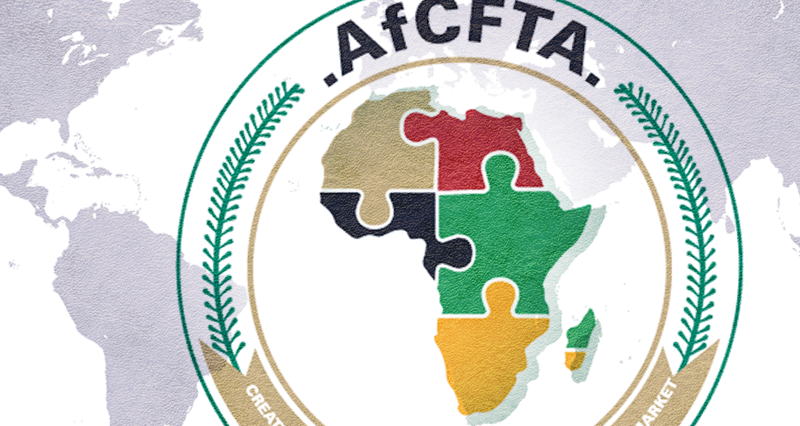Intra-African trade accounts for approximately 14% of total trade in Africa, compared to significantly higher percentages achieved by Europe, North America and Asia, which have reached intra-regional trade levels of around 60%, 40% and 30%, respectively.
This is despite the take-off of African Continental Free Trade Area (AfCFTA), which aims to facilitate the growth of intra-African trade by eliminating trade barriers, harmonising trade rules and fostering synergies among African nations.
To address this disparity, there is the need to address the infrastructure challenge and improve mobility within the African continent, the Project Management Institute (PMI) has observed in its report.
According to the organisation, “Once fully implemented, the trade pact will create the world’s largest free trade area for goods and services across member states and deepen economic integration within the continent.
Zenith Bank named ‘Best Corporate Governance Financial Services’ in Africa for 4th consecutive year
Stock market gains N1.51trn after Tinubu’s inauguration
“The trade area created by this agreement is expected to have a combined gross domestic product of approximately $3.4 trillion USD.”
It added that adopting AfCFTA will enhance mobility bringing transformative change and tremendous economic and business opportunities.
Managing Director, Sub Saharan Africa for PMI, a non-for-profit organisation for project management, George Asamani, in a statement said “Infrastructure is among the key elements essential to making AfCFTA work effectively.

 Join Daily Trust WhatsApp Community For Quick Access To News and Happenings Around You.
Join Daily Trust WhatsApp Community For Quick Access To News and Happenings Around You.

